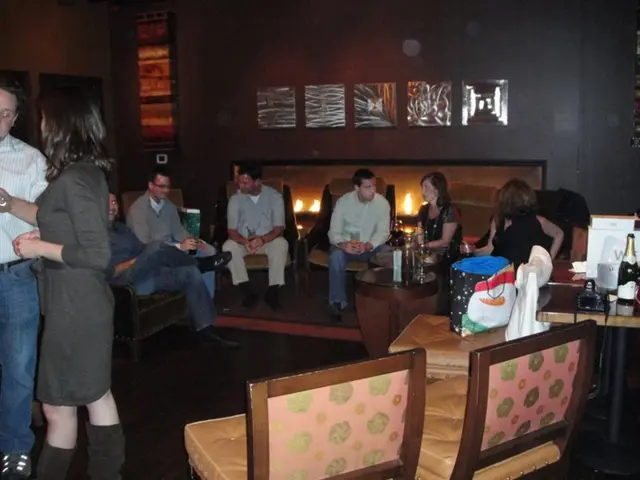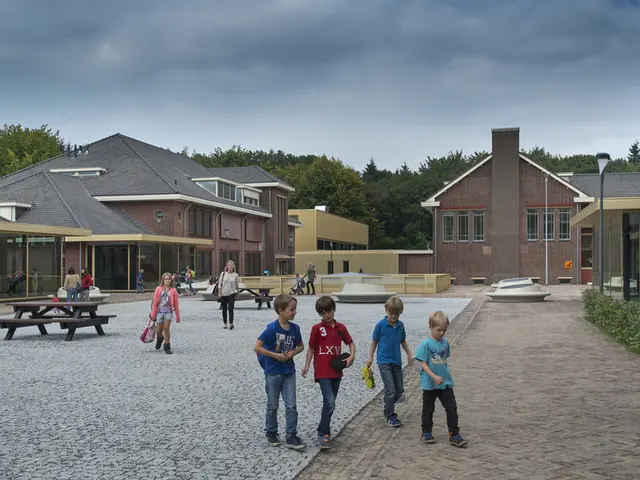Insights into Autistic Peer Relationships: A Closer Look
Autistic friendships might seem different from neurotypical friendships to some, but that doesn't mean they are any less valuable.
While both groups might share the same values like trust, loyalty, and shared interests, autistic friendships can be defined and experienced distinctly.
Autistic individuals may emphasize shared interests and activitiesover emotional intimacy more, communicate less frequently or less emotionally demandingly, prefer structured social situations, and enjoy companionship more.
The unique perspective and insights an autistic friend brings to a relationship can be incredibly enriching. They tend to be authentic and honest, loyal and dedicated, passionate and enthusiastic, and many share a mutual understanding with other autistic or neurodivergent individuals.
However, the process of forming friendships can be challenging due to social communication differences, sensory sensitivities, and social demands. Some may choose to mask their autistic traits to cope with these challenges, but that often comes at a cost, leading to exhaustion, losing friendships, or hindering authentic connection.
As a friend, being understanding, patient, and educating yourself about autism can help create a safe and accepting environment for your autistic friends to be their authentic selves. Showing genuine interest in their passions, respecting their personal boundaries, and communicating clearly can go a long way in forming a stronger bond.
- Psychology studies have shown that autistic friendships, while different, are equally valuable, featuring shared interests, loyalty, and an emphasis on activities over emotional intimacy.
- Communication is often less frequent or less emotionally demanding in autistic friendships, but these relationships can still offer a unique and enriching perspective due to the authenticity, honesty, and enthusiasm of autistic individuals.
- However, forming friendships can be a challenge for autistic people due to social communication differences, sensory sensitivities, and social demands.
- An accepting environment can be created for autistic friends by being understanding, patient, and educating oneself about autism, showing genuine interest in their passions, respecting their personal boundaries, and communicating clearly.
- Health-and-wellness, lifestyle, and mental health can all benefit from fostering healthy, understanding relationships with autistic individuals, promoting a culture that appreciates neurodivergence and mental health.
- The science of psychology continues to uncover the unique dynamics of autistic friendships and the various ways they contribute to the overall health and well-being of individuals, relationships, and society.








